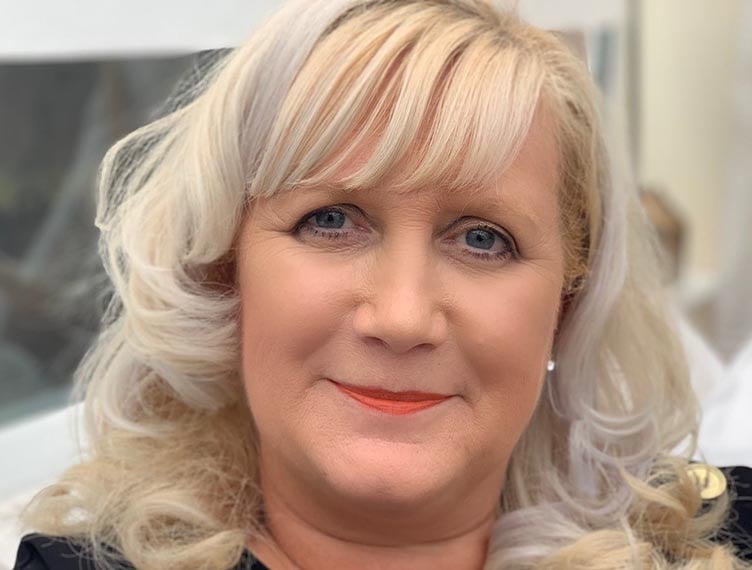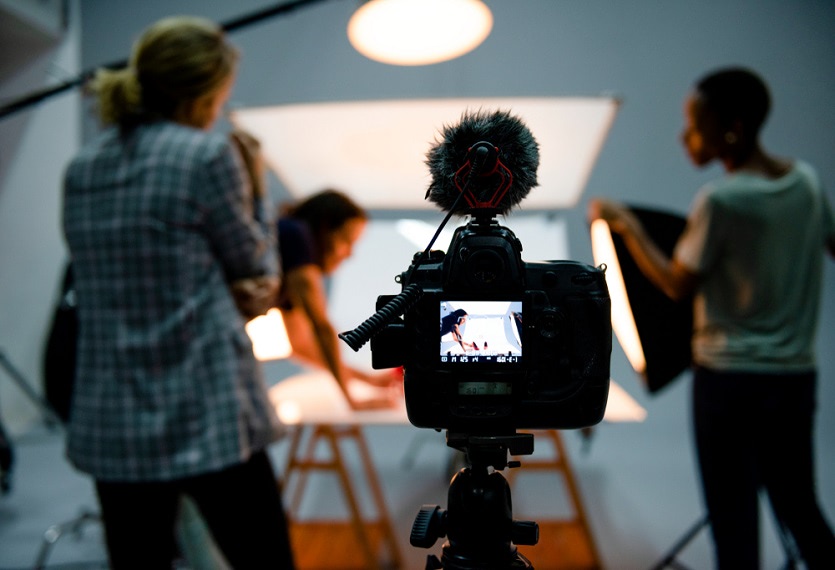Initial Teacher Education: Commencing Your Reflective Journey

Reflecting in and on action and an academic year like no other as educators, we are all beginning to return to a new intake of learners, adapting our pedagogical approaches and adjusting to changes in our environments.
Transitioning into the world of education are the many trainee teachers entering the world of FE, which I imagine as I did, they will find both exciting and dauting at the same time, as they embark upon their reflective journey.
For each trainee teacher, it is important that they are encouraged to capture and recognise how they think and feel throughout the whole of their course, in order to make connections with the art and science of teaching and the experiential opportunities which lie ahead of them.
The start of my own journey
I recall the start of my own journey and my very first lesson observation in Early Years. I had planned (foolishly now on reflection) to bake cakes with a small group of 3-4 year olds, what could possibly go wrong!
The observation process I can honestly say I found immobilising, the situation one of enormity and I recall ‘rushing’ the activity so much so that the cakes became ‘sugarless’ in a bid to get the cakes in the oven and the whole observation process over.
I recall presenting the cooked cakes to the children and little noses started to twitch, whole faces cringe and a couple of body shudders took place as the cakes were licked, nibbled but not eaten as there were truly inedible. (little note here you will not ever see me on Bake Off!)
In that moment, it would have been so easy to have felt despair, self-doubt my abilities as an educator but instead I internalised the process and with encouragement from my mentor recognised this was a reflective, learning curve, a test of resilience and the start of a long reflective journey.
Begin with the end in mind
I often share this story with my initial teacher trainees before we begin any reflective writing and whilst this quote by Covey (2004) is dated I have always kept in mind during my teaching career and this is to, ‘begin with the end in mind’.
This is to say every educational opportunity you plan, you plan out in your mind first, then you practice the skill and with this in mind my cakes were worthy of a Mary Berry special edition recipe book but in practice they were inedible and would not have received a Paul Hollywood handshake.
I guess the moral of the story here is to encourage trainee teachers to appreciate the process of teaching and learning and to visual baking the best cupcakes, plan the process but to continually reflect and accept that some sessions will most definitely not go according to plan, but to continue to use your metaphorical mirror to develop your reflective journey, to embed models of reflection to your experimental opportunities.
This in turn will support their shift from reflective practice to critically reflective practice.
Annie Pendrey Creating Educational Spaces Ltd and Initial Teacher Trainer
|
How reflective practice & theory has informed my teaching practice
When moving into education I took these principals with me. I was entering an industry I had little to no knowledge of but I knew that being able to reflect would help me to process my lessons, the needs of the students, how I could better plan for the next lesson and all the many new task and experiences I was about to be subjected to. Reflection is vital to my understanding of how I work. It strengthens and resolves issues putting us on a better footing going forward. It allows you to focus on key elements within the class or your wider educational setting and to not be fearful of trying new approaches. When starting out as a new teacher and going through your training, reflection is an important process to grasp. It will help you within all aspects of your learning and what you take to the class and to your students. We can’t be scared to ask questions of ourselves and why certain things didn’t work. To be the best you can be is to understand how you can alter and adapt your methods without fear of failure. Reflection at first may feel alien but don’t let it deter you. It will become second nature and balance your thought process. Engage with your reflection and let it guide you through your training. It will stay with you as an integral part of your teaching throughout your career. Trainee Teacher, Stephen Lloyd SPC Creative Media, at MidKent College |

 Reflection for me has always gone hand in hand with my previous industry practice and the urge to be the best I can. Being strong as an individual or as a member of my team happened on a daily basis. Refining how you work, the methods and concepts you employ and how streamlining what you do can lead to a perfect day instead of the day from hell.
Reflection for me has always gone hand in hand with my previous industry practice and the urge to be the best I can. Being strong as an individual or as a member of my team happened on a daily basis. Refining how you work, the methods and concepts you employ and how streamlining what you do can lead to a perfect day instead of the day from hell.









Responses